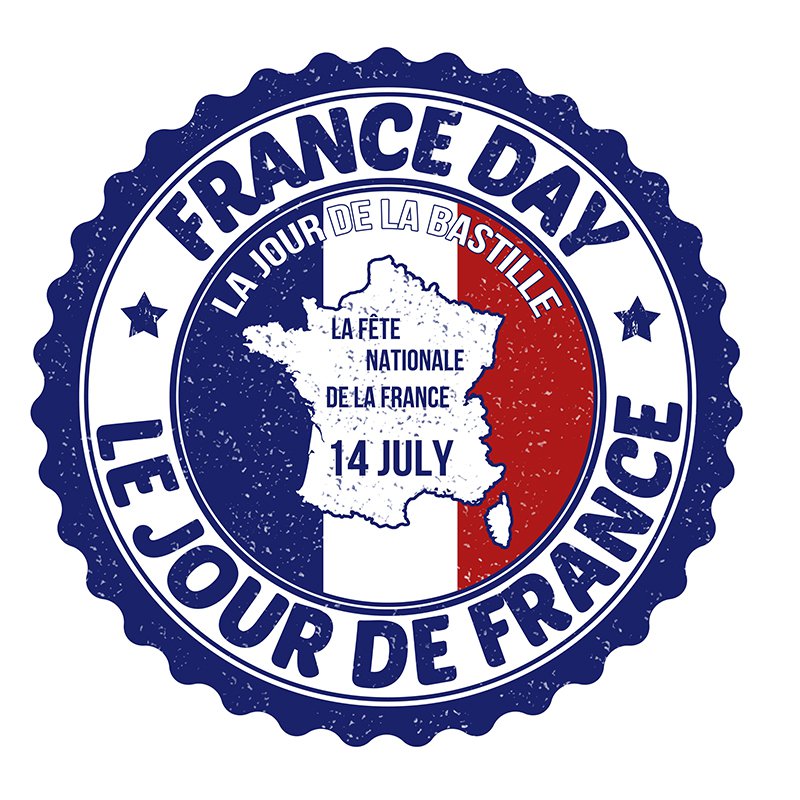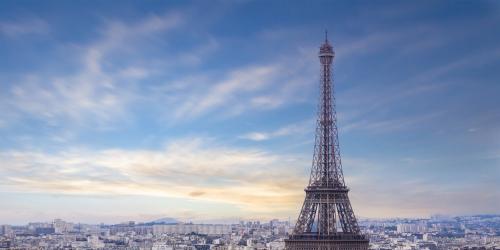Why f ê tones Us July 14 with fireworks?
Very old, the tradition of fireworks has not always had the festive sense that we know it today. Fireworks is, in fact, one of the rare symbols of the monarchy that the French people wished to keep.
In the XVIIth century, during princely festivals, Louis XIV gave a lot of fireworks. Victories, marriages, baptisms ... at Versailles or at Fontainebleau, fireworks were reserved for the nation's elite.
Left for several years, it was under the IIIrd Republic (1870-1940) that didactic fireworks appeared: the notion of spectacle on the one hand, and the notion of teaching on the other. At the time, one read "Long live the Republic" on a kind of layer, before the letters are burning in the sky. The idea: to convey a message to the people by entertaining them.
Established by the law in 1880 - in reference to the taking of the Bastille on 14 July 1789 and therefore at the end of the absolute monarchy - July 14 became a national holiday in France. The fireworks him, a symbol of July 14.
In the 19th century, the fireworks modernized by several artificers including the Ruggieri house . Fire, detonations, the contrast of light ... all these elements still give a magical and fascinating side to the fireworks display.
Why do we go to the fire brig on July 14?
Contrary to all expectations, the tradition of the ball of the firemen landed quite late in France, in the 1930s. Although the ball itself, exists since the dawn of time. It was then democratized under the Third Republic (1870-1940).
At that time, the fireman is a very important character. He represents the army in the service of the people. It is therefore naturally that he was always associated with the festivities of 14 July. Whether it is to watch that everything goes well during the fireworks or to march through small towns without a soldier.
Why fran ç troops ease of e-they spin July 14?
It was the Third Republic (1870-1940) which instituted the military parade on 14 July. France wants to show that she has reconstituted her army 10 years after the defeat of the Prussians in 1870. The idea: to march the armed men, the army of the nation .
The military parade on July 14th is part of a true tradition where the importance of explaining the role of an army in democracy is paramount . In the parade of July 14 also, the nostalgia of a powerful and respected France.
After the First World War, the July 14 parade became the homage of the nation to those who died for it.
Thank you to R é mid Dalisson sp historian ed cialis ed in cultural history and political symbolism, author of "C e l e brate the nation: your national f ê 1789 to Today" (ed. New World) and " November 11 remembrance in memory m e "(ed. Armand Colin).


